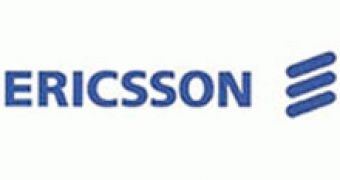Ericsson just announced it will introduce a new local call-switching feature for its GSM base station portfolio, in order to diminish transmission costs for network operators and help network deployments expand across rural and remote zones.
The announced feature, Abis Local Connectivity, is presented at the Mobile Asia Congress in Macau these days and is planned for commercial deployment in 2008.
With the Abis Local Connectivity feature, local calls originated and terminated from the same base station or inside a cluster of base stations can be switched locally in Ericsson's GSM radio network. This will considerably reduce operators' transmission costs, circumventing the backhaul network that usually brings mobile traffic from radio base stations to the closest switching node.
"In overcoming the expense of backhauling and significantly lowering the total cost of ownership for operators, Ericsson is removing a key financial hurdle to achieving profitable network expansion in rural and remote areas," said Ulf Ewaldsson, Vice President and Head of Product Area Radio at Ericsson. "Our vision of an all-communicating world means affordable telecommunications available to everyone, everywhere. Ericsson's Abis Local Connectivity feature represents a significant breakthrough in reducing communications costs, making it profitable to bring mobile communications to people across the four corners of the Earth."
Abis Local Connectivity is a convenient solution for both remote and urban areas and allows important deployment cost cuts in regions where backhaul transmission is too expensive or requires a complicated deployment. Moreover, besides reducing operator costs, the new Ericsson feature boosts users' communication experience, providing a better speech quality and overcoming time delays. Operators can have centralized control of their network architecture, although the Abis Local Connectivity solution switches calls locally.
Abis Local Connectivity is the latest addition to the Packet Abis solution from Ericsson, which brings IP technology to GSM radio networks enabling operators to distribute investments across WCDMA, GSM and LTE.

 14 DAY TRIAL //
14 DAY TRIAL //